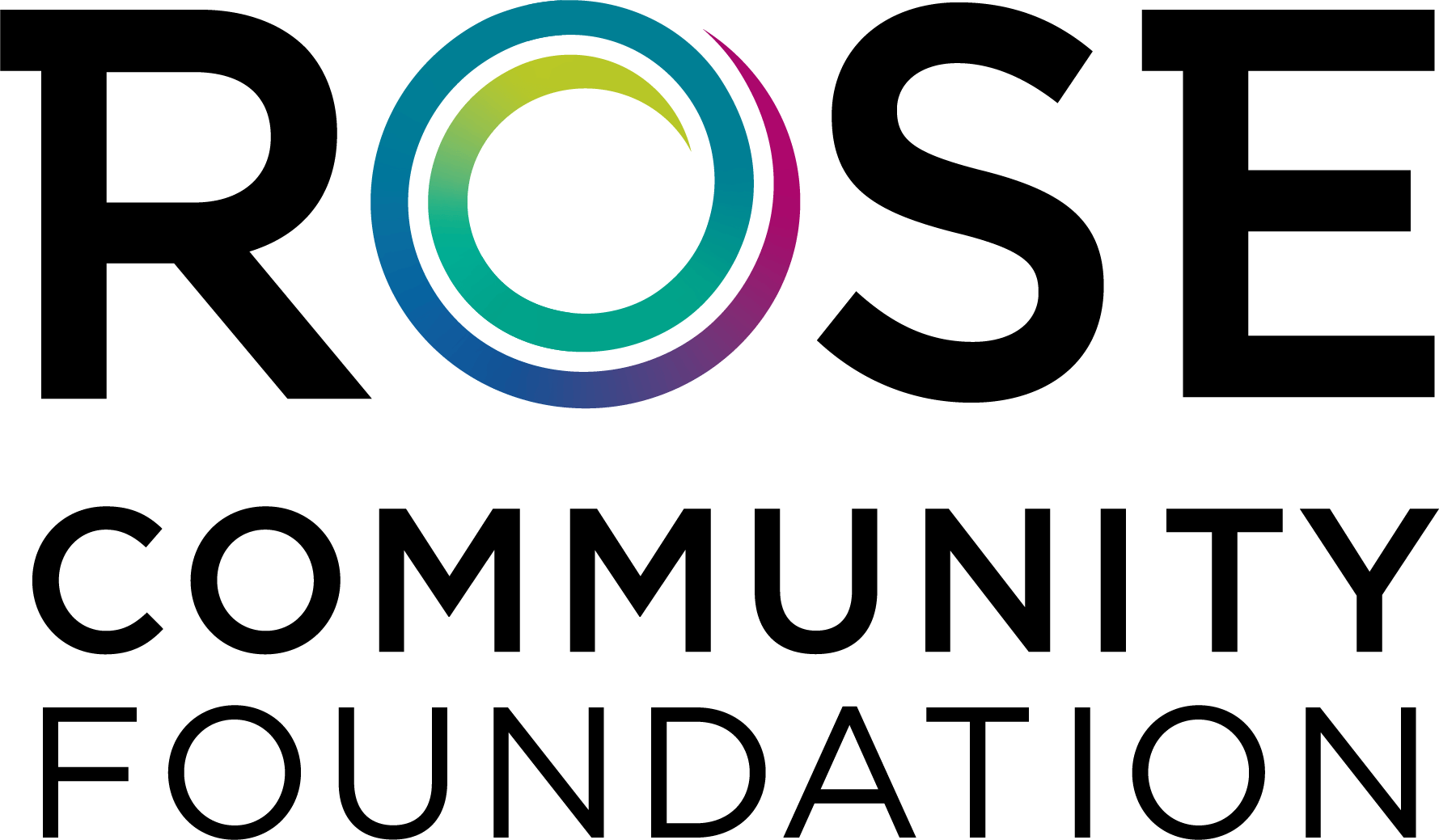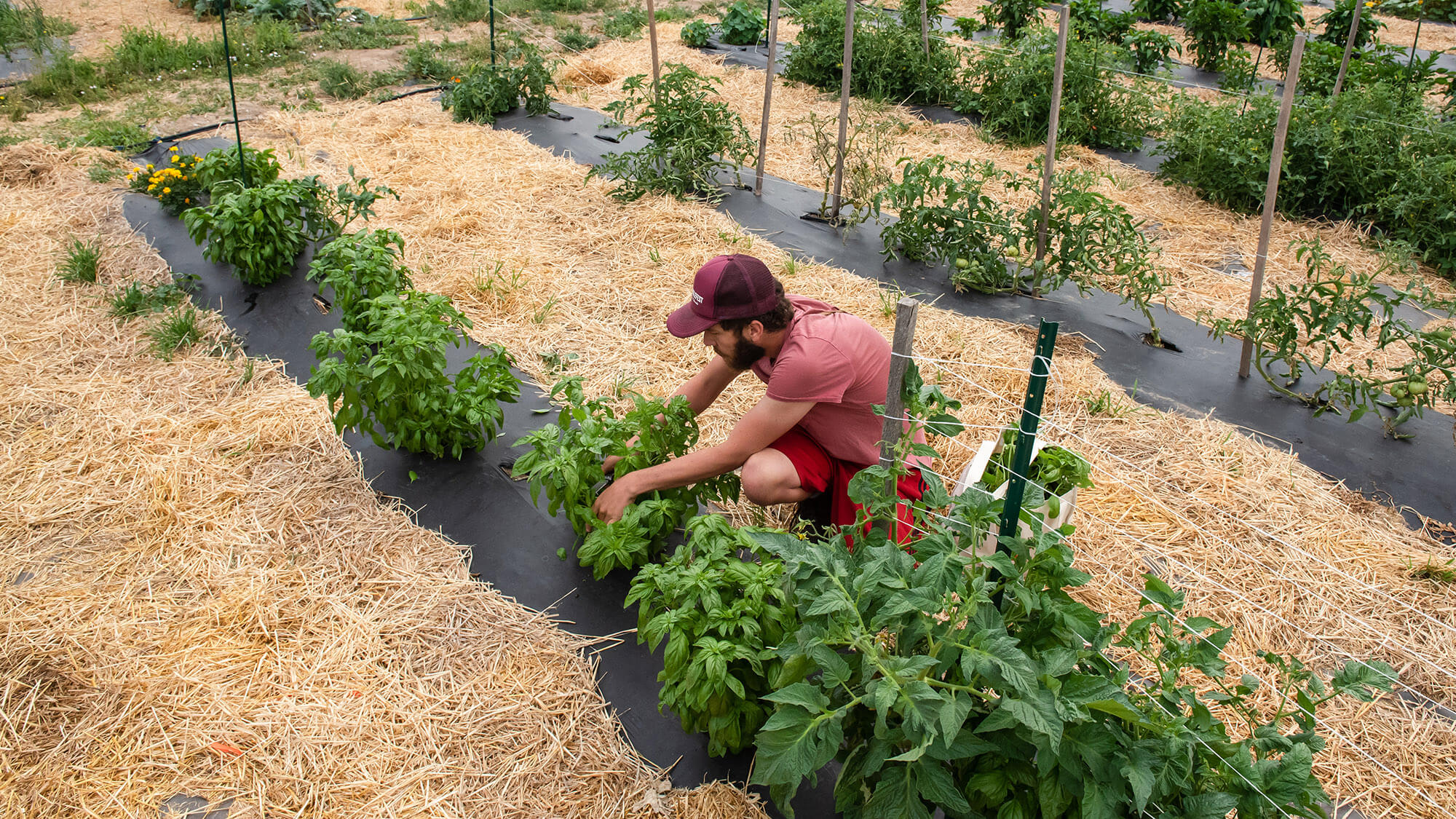Ekar Farm, a communal urban farm located in Denver, is inspired by ancient Jewish tradition.
“The Torah is a record of an agriculturally based people,” says Sue Salinger, the organization’s executive director. “We have a clear direction on how to create a just society where everyone has what they need and the community takes care of itself. When you get a group of people outside, those Jewish traditions come to life.”
In many ways, the farm offers a linkage between Jewish tradition and contemporary food-related issues that confront the Greater Denver community. Through the accessible, hands-on work that community members engage in on the farm, Ekar has created a forum in which people of all backgrounds can engage with Jewish tradition.
“For people who don’t participate in Jewish congregational life, this is a way for them to connect with their Jewish roots,” explains Salinger. “The farm connects people to traditions, to justice, to our community today. People are able to discover a way to be Jewish that they can’t always find within the walls of a building.”
Ekar Farm serves as a focal point for Denver’s Jewish community to come together around issues of food security, environmentalism and urban farming. Not only does Ekar grow thousands of pounds of produce each year for those in need, it also supports the nonprofit farming community, offers experiential programming through its community garden space and educates the community about food justice. The organization functions as equal parts convener, educator, food provider and advocate for food equity.
Salinger is involved in each aspect of the nonprofit’s work. However, she says the best part of her job is getting to see community members coming together on the farm: “People come out on the farm and you can see their endorphins spike. They instantly become happier and healthier.”
Revitalizing that connection between people and the earth is at the center of Ekar’s equity-focused mission.
“It’s important to connect people to where food comes from, and its relationship to the earth,” Salinger explains. “And then, when we teach about how to be connected to the earth, it’s also an equity proposition.”
“Denver has become one of the most inequitable places in the country, and that economic hardship has led to more hunger and food insecurity. At Ekar, we are working to strengthen the local food system by addressing justice issues through the lens of food. The more we can build people’s capacity to grow food, the more we can do to address food insecurity and to create a more equitable community.”
Rose Community Foundation supported the launch of Ekar Farm over a decade ago and has been a partner to the organization ever since. That relationship, Salinger says, has been critical to her nonprofit’s evolution.
“Without the vision from Rose Community Foundation, who saw the need for this type of program, it never would have happened,” says Salinger. “Through the years, Foundation staff members have been coaches and counselors who have identified opportunities and shared information so Ekar can tailor its offerings to community needs. The Foundation shares a wider picture, which allows us to be a more effective and impactful organization.”
Over the next month, Rose Community Foundation will spotlight nonprofits and donors from our 2019 Annual Report on our blog.
In 2019, Rose Community Foundation granted $100,000 to support the operation of Ekar Farm for the 2020 growing season, with a focus on infrastructure growth and responsive Jewish community programs. More recently, the Foundation awarded Ekar $50,000 in our second phase of COVID-19 grantmaking.

